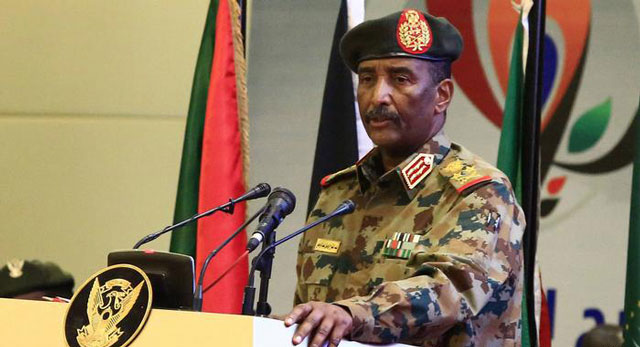
Khartoum, Sudan | Xinhua | With the political crisis in Sudan still in deadlock, calls for early elections are raised every now and then as the last solution. However, such calls have provoked a division among different factions and further complicated the already prolonged crisis.
For supporters, they see early elections as an appropriate way to end the current political impasse, while the opponents regard them as merely a “political maneuver.”
“It is difficult to reach a consensual political settlement among all parties, but since the crisis must be resolved, early elections can be a suitable solution,” Abdul-Raziq Ziyada, a Sudanese political analyst, told Xinhua.
“Each party is entrenched in its position, while the country is suffering from a constitutional vacuum. The crisis, if continued, is not in the interest of any party and has serious consequences,” he explained.
“An early election is a democratic tool used when parties fail to agree on a political vision,” Ziyada noted.
However, Abdul-Khaliq Mahjoub, another Sudanese political analyst, believed that the so-called early elections were just a “political maneuver” by the ruling military institution in Sudan.
“Under the current circumstances, it is not possible to hold fair, transparent and credible elections,” he told Xinhua.
According to Mahjoub, complex procedures are needed for holding the elections, including “meeting constitutional, legal, political and economic requirements, establishing an independent commission, and conducting a population census.”
Without all these procedures, “it will be distorted elections that do not comply with international standards, not to mention that it will not be transparent and fair for lack of political consensus,” he said.
Mahjoub also highlighted the need for political parties to agree on a mechanism to manage the transitional period before reaching the stage of general elections.
In Sudan, the Forces of Freedom and Change alliance, the coalition which led the popular revolution that toppled former President Omar al-Bashir, have clearly expressed their opposition to early elections.
In contrast, Chairman of Sudan’s Transitional Sovereign Council Abdel Fattah Al-Burhan have suggested, on more than one occasion, the option of early elections if the political parties failed to agree on a common vision for managing the transitional period.
Sudan has been suffering a political crisis after Al-Burhan, also the general commander of the Sudanese Armed Forces, declared a state of emergency on Oct. 25, 2021 and dissolved the transitional sovereign council and the government.
Since then, the capital Khartoum and other cities have been witnessing continued protests demanding a return to civilian rule.
 The Independent Uganda: You get the Truth we Pay the Price
The Independent Uganda: You get the Truth we Pay the Price



